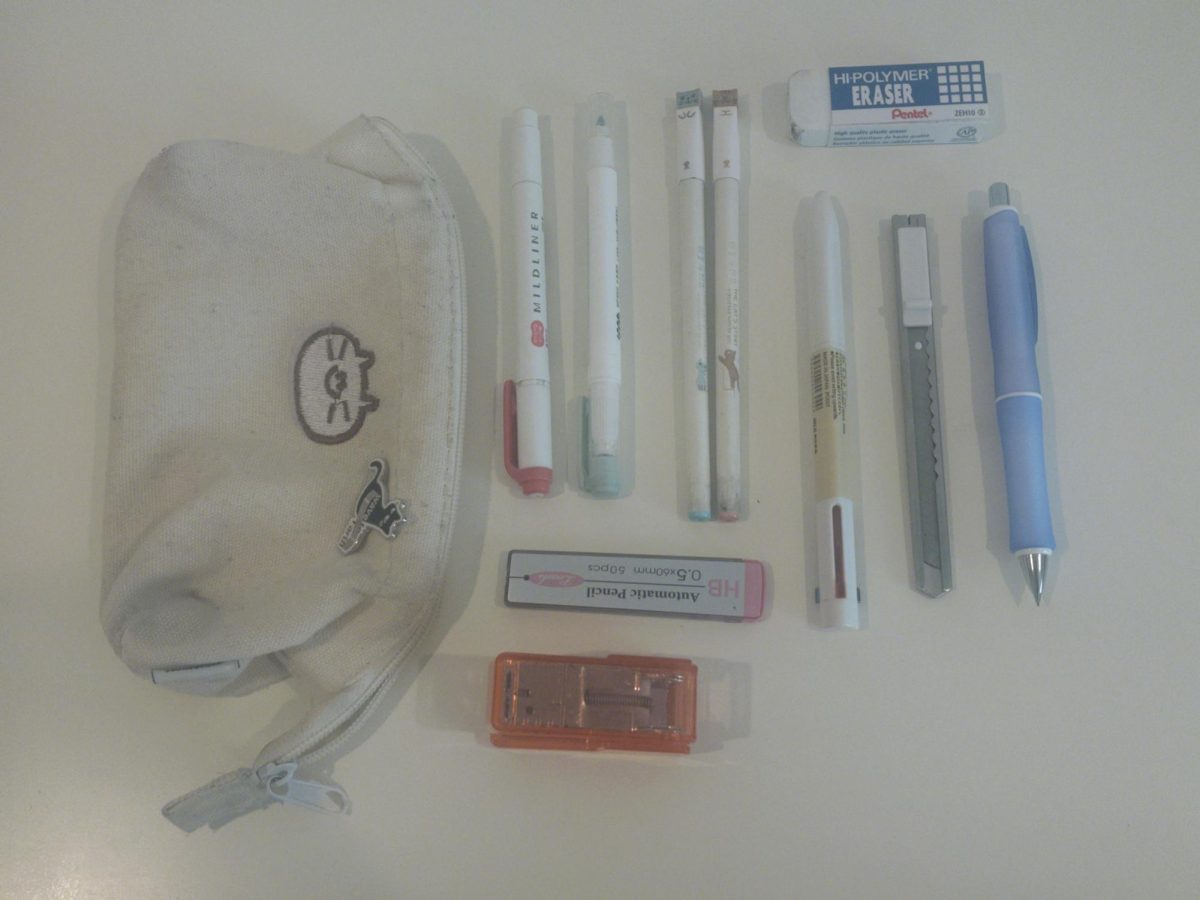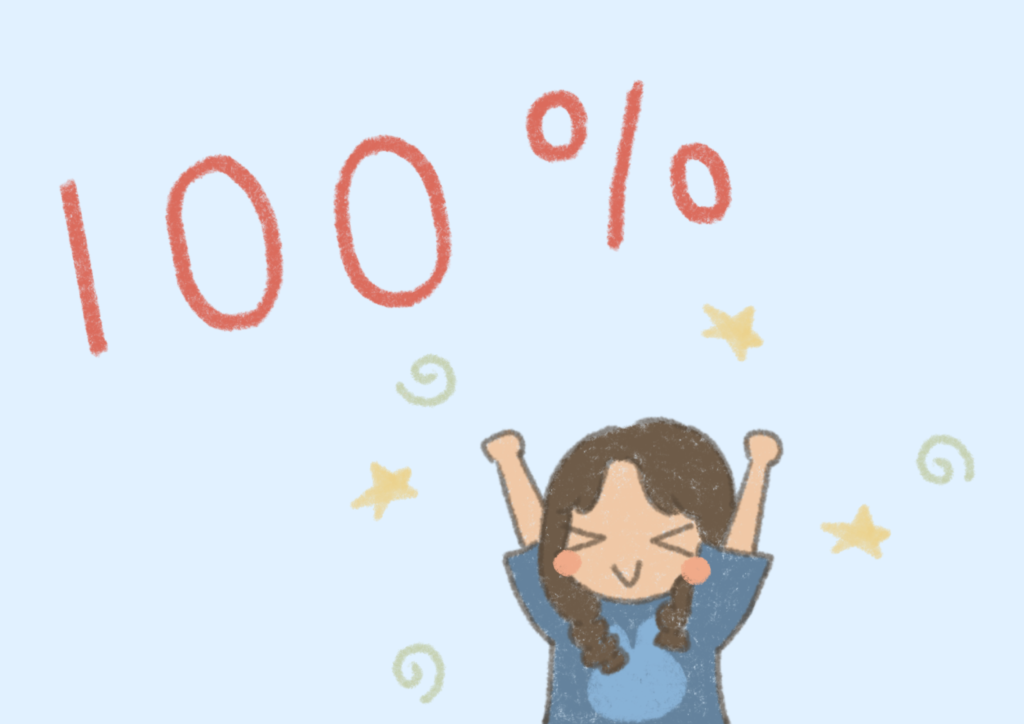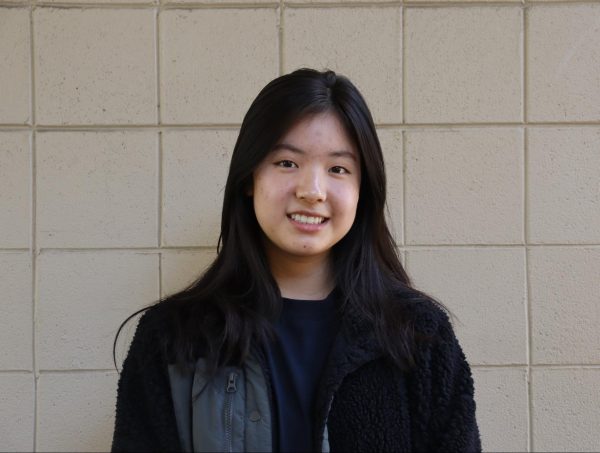Within the first few months of sophomore year, I could tell that Chemistry Honors was a notable step up in course difficulty compared to the more introductory freshman-year courses. As a result, it’s often known as a Saratoga High student’s first “B.”
A primarily sophomore-year course, Chemistry Honors is recommended for students who earned a B+ or above in Algebra 1 and Biology. While regular college prep Chemistry class is challenging, the honors curriculum is faster paced and digs deeper into the topics.
Chemistry is more application-based than freshman year Biology, meaning that mastery of the topics call for the ability to apply the knowledge in an expanded context. From what I experienced, that is one of the main reasons many Chemistry Honors students tend to struggle. Truly understanding concepts is crucial to success.
But don’t fret. While Chemistry Honors is a big mountain to climb, there are some tried and true ways to reach its summit.
Starting in the early units, make sure you’re on track even if the content seems simple enough to rely on memorization. However, you’ll eventually need the ability to synthesize multiple concepts with a collective understanding when the difficulty increases. Though occasionally, teachers will specifically tell you to memorize certain basics, such as chemical compound names.
Chemistry Honors is also cumulative, meaning that second semester topics such as acids and bases will require a proper understanding of the first semester’s concepts, such as atomic structure and periodic trends. This is reflected on both finals, with the second one including content from the first semester.
If something is unclear, it’s imperative that you master it before it’s too late. The first and easiest option is to ask a teacher or classmate. For the first semester, Chemistry Honors teacher Kathy Nakamatsu said she opens discussions on Canvas that allow students to anonymously seek and receive help from both their classmates and Nakatamsu. If you still find yourself confused, there are many freely accessible resources online that many students have found helpful.
Khan Academy, a nonprofit in education, is one of the best resources. Since it offers a Chemistry library structured like a course in itself, with videos, articles, practice problems, quizzes and a unit test for each unit, Khan Academy is a great tool for aiding understanding and breaking down complex questions.
In addition, The Organic Chemistry Tutor,a YouTube channel, offers in-depth lectures on all the topics from the class. For complex concepts such as stoichiometry, the account offers concise tutorials by walking through examples that guide students to a deeper understanding of the topic. The brief but detailed nature of these videos makes them a must-watch.
Crash Course is another great resource. You may know them from your history classes, but its videos also extend to social science, physical science, life science, math, media studies and business. Within physical sciences, you can find the subtopic playlist for Chemistry. The coverage that Crash Course provides is fast-paced, so I’d primarily recommend it for either previewing a topic or studying for finals.
For visual learners, your help is just a Google search away. It may be helpful to look at what a certain molecule actually looks like in 3D instead of solely memorizing its properties.
Surfguppy is a digital notebook-like source with mini lessons that include videos explaining topics like periodic table trends, with helpful diagrams and cartoons that help students visualize how atoms and molecules interact for the phenomenon to occur.
Additionally, Nakamatsu said she recommends Bozeman Science and Professor Dave Explains — both of which are on YouTube as well — as their approach at teaching and reasoning aligns with her own class. She often links Bozeman Science videos with posts about nearly all of the topics in the honors curriculum as optional homework. I highly recommend taking the time to watch them. Additionally, Professor Dave Explains has a Biochemistry playlist of chemistry videos with visuals.
Although the methods above are great, they should be utilized as supplementary support only. Your main source of information and learning should still be in class resources: lectures, notes, worksheets and labs.
Nakamatsu ultimately advises students to choose their online resources with care to avoid misinformation and other pitfalls.
“Students will often resort to random searches, and the challenge is that online sources might review topics from AP Chemistry, rather than Chemistry Honors, or beyond,” Nakamatsu said. “The information can also be unreliable, so steer away from sources like Wikipedia and Reddit.”
To be sure, Chemistry Honors is not an easy class, but the key is to tackle it with a growth mindset and to be patient with yourself. Thankfully, we have access to both in and out of school resources made to support students. I finished both semesters of Chemistry Honors satisfied with my progress and results. If I could do it, so can you, so best of luck in making the most out of your year!




























